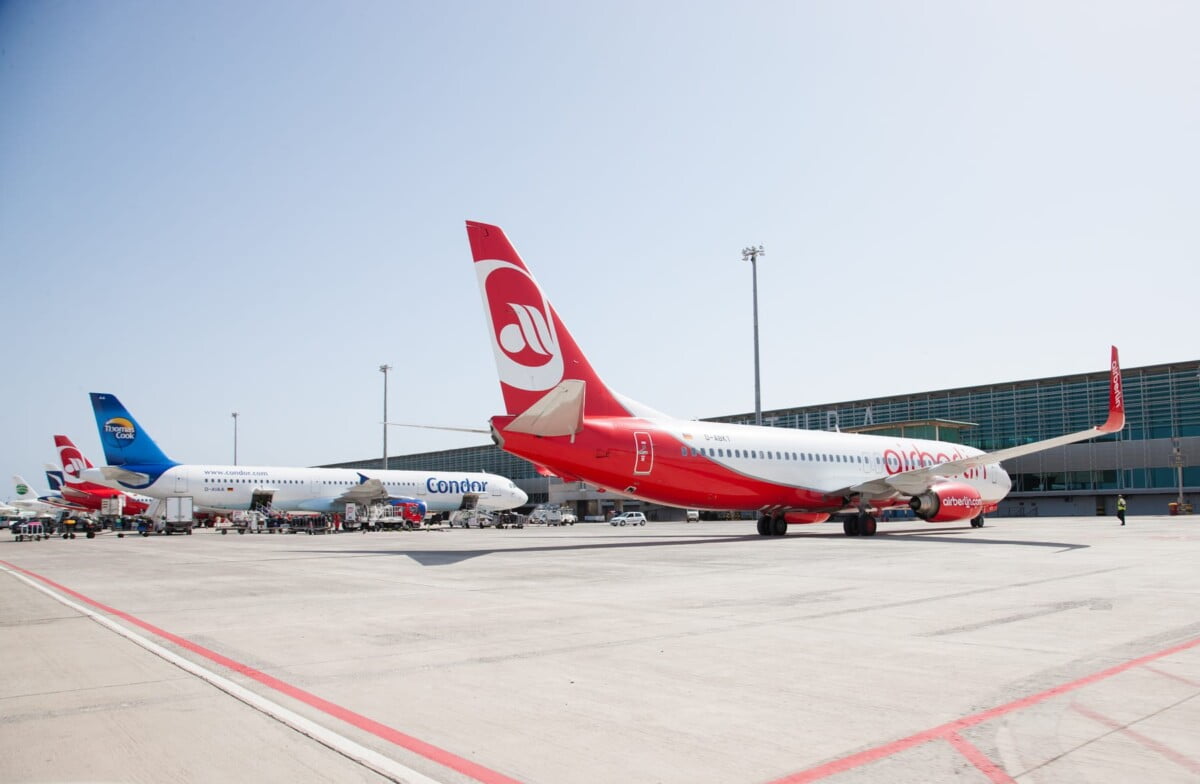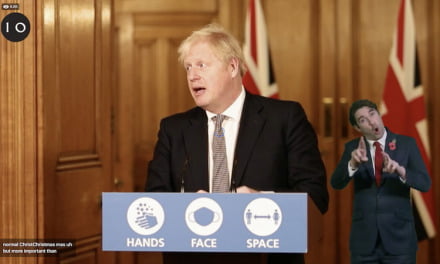The Spanish Government have made clear that they will seek to strictly regulate entry of third-country nationals who begin to arrive in the country, as airlines continue flights to Spanish destinations. The statements come as German airline Lufthansa has announced that it is preparing to restart flights to Mallorca from June. Germany’s Chancellor, Angela Merkel, has made clear that international travel before mid-june is not even on the table yet.
Currently there is no official prohibition for the arrival of flights to Spain, with the exception of those from Italy. It was in fact the airlines themselves who, on their own initiative, suspended their flights to Spain and the Spanish Government has assumed that, as Spain advances in controlling the coronavirus epidemic, gradually flying to Spanish territories as tourist destinations is likely to become ever more attractive, which is likely to lead to an increase in routes made available by airlines.
The Executive therefore assumes that they will have to regulate how third-country citizens are to be dealt with, when they begin to arrive, as airlines resume their flights to Spain and have suggested that this is likely to be detailed in law through the Official State Gazette (BOE) for the coming weeks, months and perhaps for years, government sources have said. The ultimate goal of course is to protect the population in Spain from possible contagions that could arrive from outside the country.
The Minister of Health, Salvador Illa, has already stated his support in the Congress of Deputies for Spain to “take measures” to prevent entry into the country of “imported cases” that could “jeopardise” the achievements so far made in controlling the epidemic, once land borders are reopened and Spain once more is seen as an attractive destination for foreign tourists.
Spanish Prime Minister, Pedro Sánchez , acknowledged on Saturday, at a press conference, that he is working on the revival of tourism and the opening of air routes, with the aim of being part of a joint EU response to the coronavirus crisis.
“We are working at the European level to see how we can, [while] safeguarding public health, begin to reopen air routes to the best of our ability with caution, prudence and, logically, under the protection of a European response,” he said.
The Spanish Government have already reiterated on several other occasions that the aviation concerns are a “clearly European” issue, because it is directly dependant on the health situations in all the other countries, so a regulatory framework that establishes conditions for everyone will be necessary.
However, both the Health Minister, Salvador Illa, and the Transport Minister, José Luis Ábalos, have pointed out in their individual public appearances that Spain will take “the decisions that it has to” if an air mobility agreement is not forthcoming at European level, one that guarantees health security in the face of the continuing coronavirus crisis.
Ábalos has clearly said that Spain would adopt “its own conditions” regarding air connectivity if the European Union does not regulate “promptly” in this matter.
 The statements come as half of Spain, including all The Canary Islands, moves to Phase 1 of the de-escalation process, which will allow greater movement, including between provinces, and with a further confirmation this morning that inter-island flights are to be resumed as of this week.
The statements come as half of Spain, including all The Canary Islands, moves to Phase 1 of the de-escalation process, which will allow greater movement, including between provinces, and with a further confirmation this morning that inter-island flights are to be resumed as of this week.










